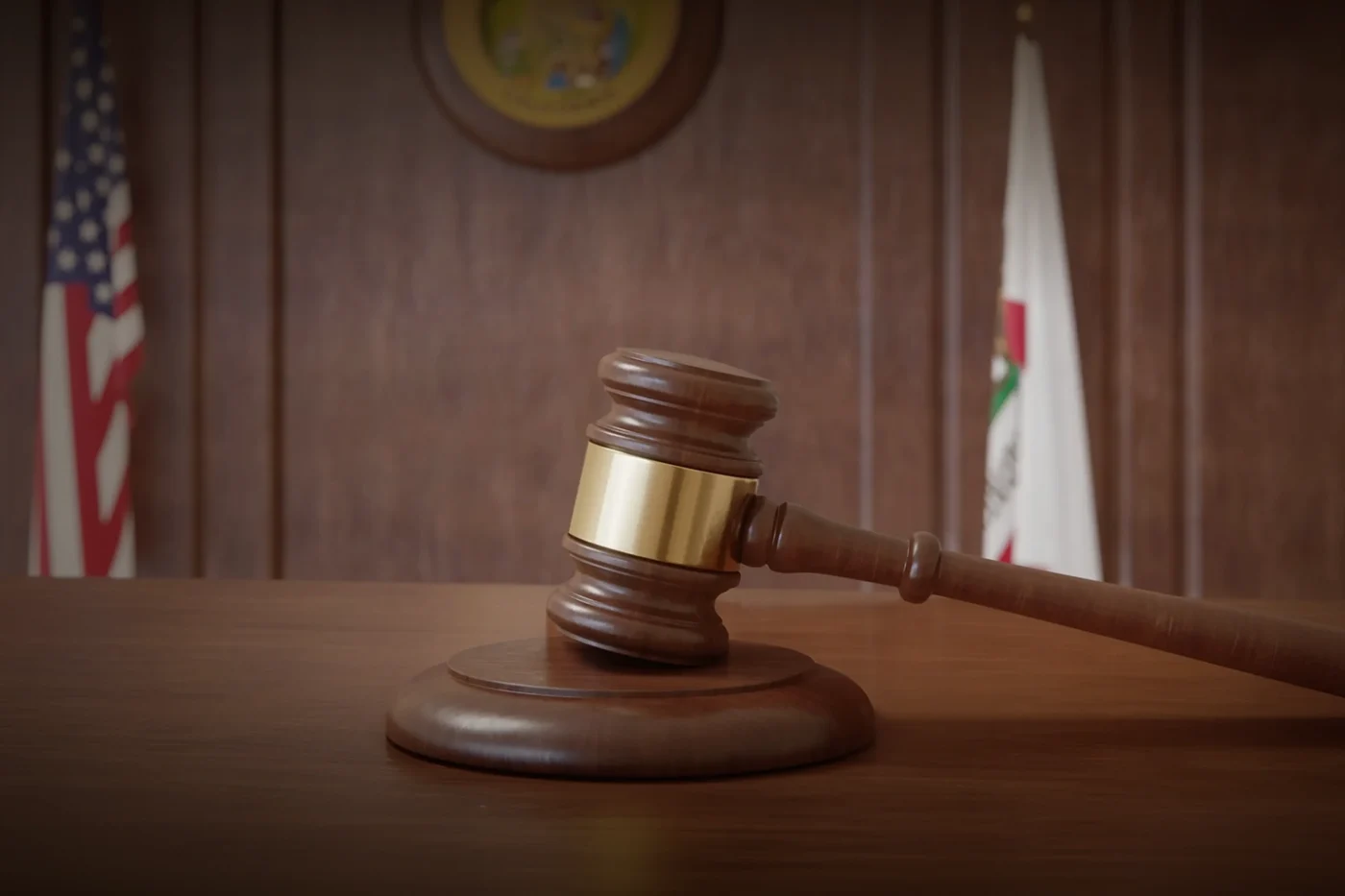The First-Year Law Students' Examination (FYLSX), commonly referred to as the Baby Bar, is a 1-day exam in California for 1st-year students in unaccredited law schools or the Law Office Study Program. It assesses readiness to continue legal education and progress toward the California Bar Exam.
Who Needs to Take the Baby Bar?
Passing the Baby Bar is required for specific law students in California to continue their legal studies and receive credit for their 1st year of law school. Those who fail must retake it to advance. The exam is mandatory for:
- students at unaccredited law schools registered with the California State Bar.
- Law Office Study Program participants, who train under a lawyer or judge instead of attending law school.
- students at American Bar Association (ABA)- or California-accredited law schools who have not completed 2 years of undergraduate coursework (60 semester or 90 quarter units).
Exemption: Students who progress to their 2nd year of law school at an ABA- or California-accredited institution and have completed the required undergraduate coursework are generally exempt from taking the Baby Bar.
What Is the Baby Bar Exam Format?
The Baby Bar is a half-day test administered twice a year. It consists of 100 multiple-choice questions, of which 25 may be new, pretested questions. The essay portion of the FYLSX was removed in 2024, leaving only the multiple-choice questions. The exam can be taken at Prometric test centers or, under special circumstances, remotely.
What Subjects Are Tested on the Baby Bar?
The Baby Bar tests general legal principles, not California-specific law. It assesses 1st-year legal knowledge in 3 areas.
- Criminal Law covers topics like assault, battery, theft, embezzlement, kidnapping, and homicide.
- Contracts tests knowledge of contract formation, enforceability, breaches, and potential defenses.
- The exam subject of Torts involves civil wrongs and liabilities, including negligence, intentional torts, and strict liability.
How Is the Baby Bar Scored?
The Baby Bar is scored on an 800-point scale, with a minimum passing score of 560 (70%). Non-pretest questions are equally weighted so that a perfect raw score is still 100. Through a process called “equating,” raw scores are then converted to the 800-point scale. This accounts for any variability in test-form difficulty. You must pass within 3 attempts to receive full credit for 1st-year law school coursework.
What Are Baby Bar Test Dates and Deadlines?
The Baby Bar is offered twice annually, in June and October. You can choose between a morning or an afternoon session. Exam dates and application deadlines for 2026 have not yet been announced, but they typically occur around the same time each year. In 2025, they were:
| Exam Date | Application Opens | Timely Filing Deadline | Final Filing Deadline |
|---|---|---|---|
| June 24, 2025 | March 1, 2025 | April 1, 2025 | May 15, 2024 |
| Oct. 28, 2025 | July 1, 2025 | Aug. 1, 2025 | Sept. 15, 2025 |
How Do You Register and Schedule the Baby Bar?
To take the Baby Bar, register online through the State Bar of California. The California Committee of Bar Examiners (CBE) verifies completion of 1-year of law study before approval.
- Check Application Dates: Registration typically opens several months prior to the exam.
- Submit Your Application: Apply online via the State Bar of California website.
- Pay the Exam Fee: Ensure payment is processed before the final filing deadline.
- Choose Your Exam Format: Select online or Prometric test center.
- Confirm Your Schedule: Review exam details and prepare accordingly.
Baby Bar Pass Rates
The Baby Bar has a historically low pass rate — significantly lower than the general bar exam. Repeat test-takers tend to have even lower pass rates, mainly because many do not adjust their study habits.
| Baby Bar Pass Rates | |||
|---|---|---|---|
| Exam Date | First-Timers | Repeaters | All Takers |
| June 2025 | 36% | 8% | 26% |
| October 2024 | 31% | 24% | 27% |
| June 2024 | 30% | 38% | 33% |
| October 2023 | 15% | 12% | 13% |
| June 2023 | 17% | 6% | 14% |
Source: State Bar of California


